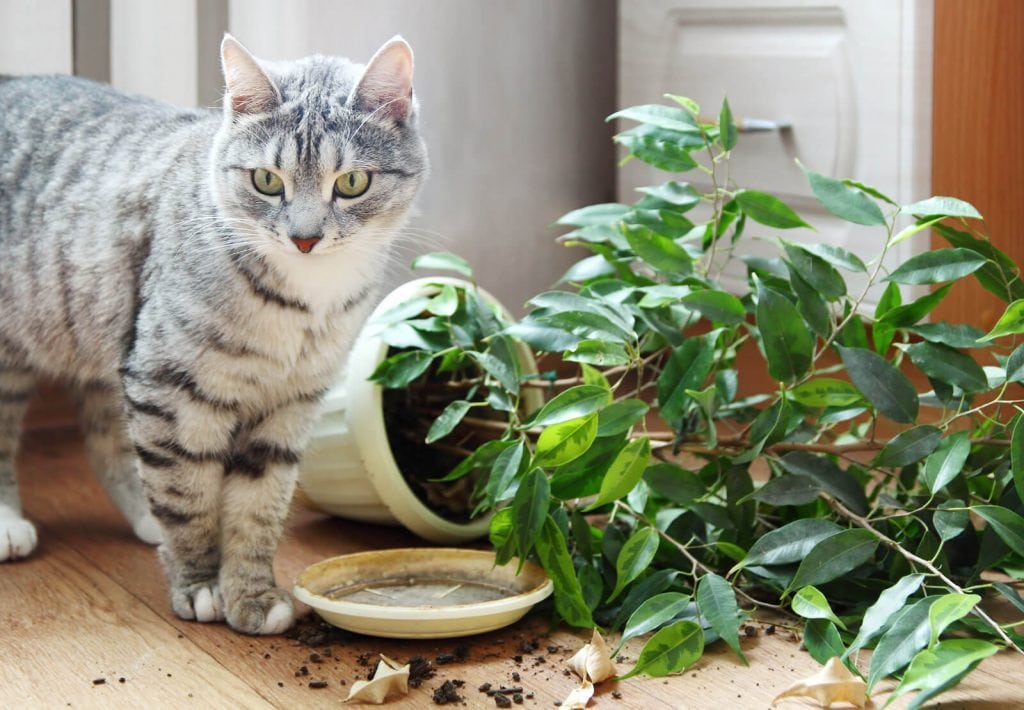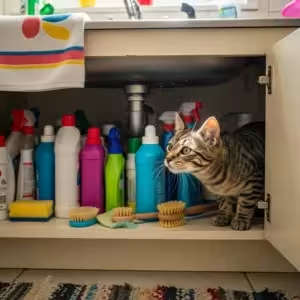Aloe Vera – More than 500 species of aloe exist, all containing toxic saponin, which acts as a defense mechanism for the plant. Signs your pet ingested aloe include vomiting, diarrhea, loss of appetite, tremors, and a change in urine color.
Amaryllis – Part of the lily family, it contains the highly toxic lycorine, which will cause your pet vomiting, depression, diarrhea, abdominal pain, hypersalivation, anorexia, and tremors.

Carnation – Who knew that the most common flower found in bouquets was toxic to dogs and cats? Although the toxic variant is unknown, carnations will cause your pet to have mild dermatitis and demonstrate mild gastrointestinal signs.
Dahlia – Another beautiful flower that is toxic to dogs and cats is the dahlia. Although not as high in toxicity as some of the other plants mentioned, this flower will cause your pet to experience mild gastrointestinal signs and mild dermatitis.
Eucalyptus – This plant is commonly used in many oils that we humans use for aromatherapy and skin-care products. If your dog, cat, or horse consumes this plant, however, they will experience salivation, vomiting, diarrhea, depression, and weakness.

Holly – This plant, found in many of our holiday decorations, contains a low toxicity in its berries and leaves. However, it will still cause your dog, cat, or horse to experience vomiting, diarrhea, and depression if ingested.
Lilies – While flowers derived from the lily family are toxic to many species of animals, the most common lily that we all know and love is toxic to cats only. If your feline ingests this flower, they will experience kidney failure which, if not treated quickly, may result in death.















